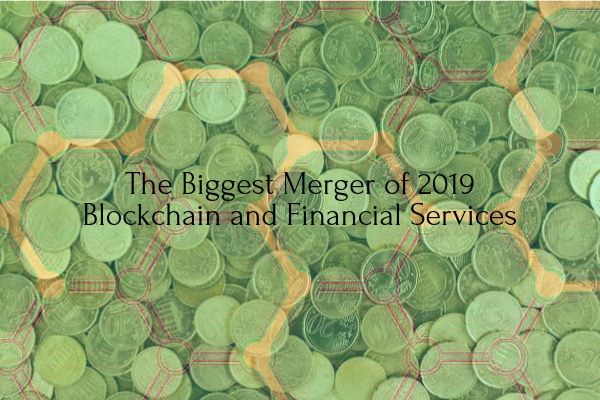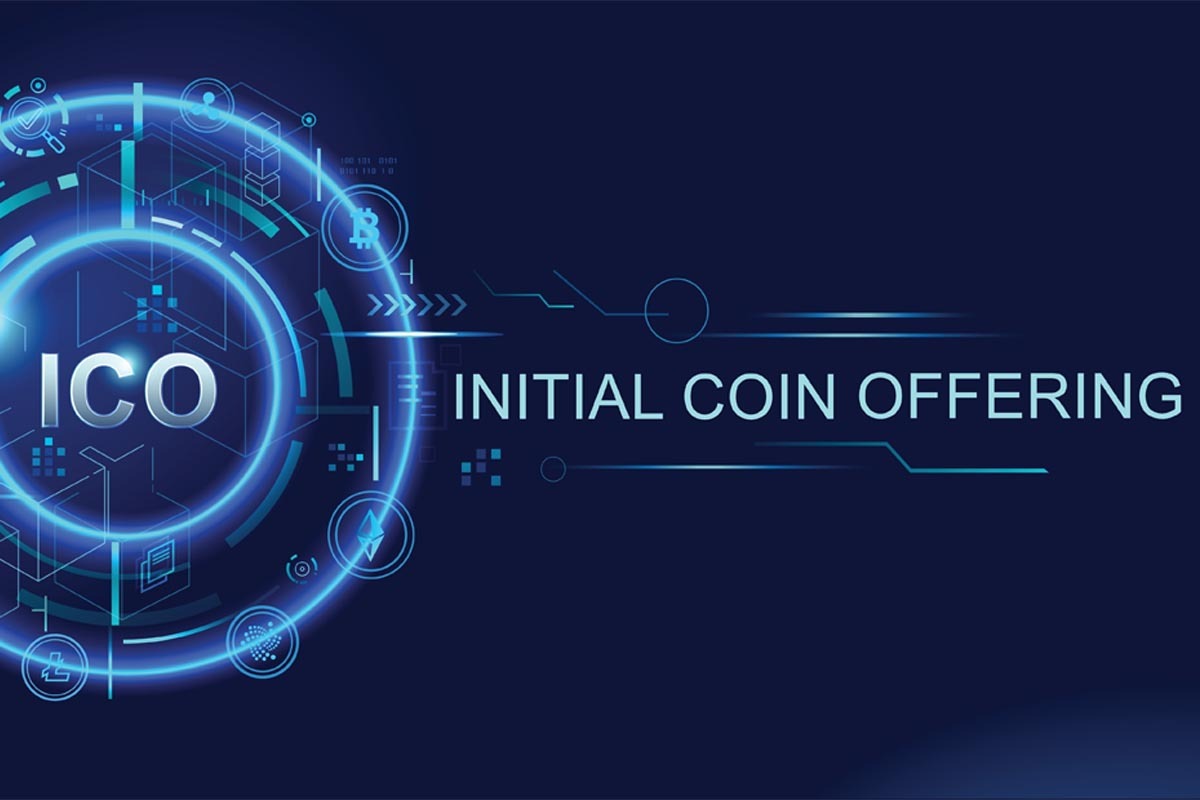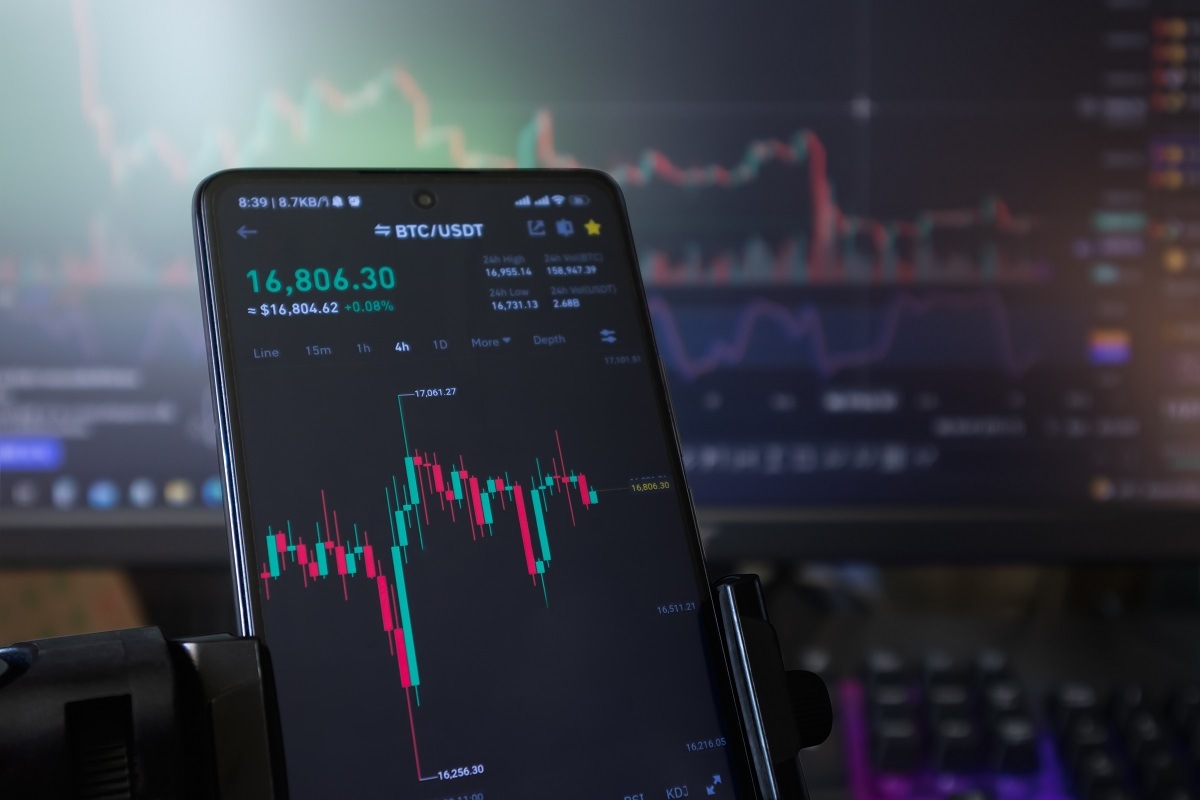A Basic Overview:
The above image is just a diagrammatic representation of the changing dynamics of the financial markets with changing landscape while shifting from one domain to another. The requirements of the entire financial industry are very interesting when we look through the entire funnel. For a change, we are taking the reverse funnel approach to analyze the market with the base of the funnel as the billions of users at the consumer facing end primarily using mortgages, digital identities, wallets, exchanges and simple transfer/payments. The small orifice on the other side represents the industries which have a different set of requirements primarily pertaining to clearing networks and international transfers designed to facilitate the millions or rather the billion users of end user financial services. The funnel under consideration is inclusive of B2B services for mortgages, digital identities, wallets, payments, capital markets for insurance payments escrow and the securities & instruments, syndicated loans, clearing & settlements, bond sales or digital receipts.
What makes Blockchain a potent and reliable platform?
In short, if we summarize the benefits of a blockchain solution, then the entire architecture would be secured with Automation, IoT, Transparency, Autonomy, Security and Client Accountability.
Benefits of Blockchain in financial services
- Blockchain – 7 Benefits for the Financial Services Industry
- Instant Settlements
- Improve Capital Optimization
- Reduced Counterparty Risks
- Improved Contractual Performance due to Smart Contracts
- Increased Transparency
- Increased Financial Solutions in terms of Crisis
- Reduced Error Handling and Reconciliation
Major Financial Organizations which have adopted blockchain technology
Goldman Sachs
It is one of the leading financial organizations of the United States which has directly set up a microsite which showcases the importance and advantages of adopting blockchain. The site emphasizes on one of the most important aspects of blockchain – security and trust which can be established for any type of transaction. Blockchain has literally simplified the flow of money in a secured manner.
Microsoft and Bank of America Merrill Lynch
These two renowned organizations are working with each other and sharing their knowledge and expertise to make financial transactions more secured, cost effective and transparent. Microsoft’s Azure Blockchain As a Service would be used for this project to bring in the best results.
R3, Barclays, HSBC and Co
Fintech firm R3 has announced has recently announced that it has built an international payment system on the blockchain. The participating bank parties are KB Kookmin Bank, KEB Hana Bank, Natixis, Shinhan Bank, TD Bank, US Bank, Barclays, BBVA, CIBC, Commerzbank, DNB, HSBC, Intesa, KBC and Woori bank. Going into exact figures, JP Mogan alone processes $5 trillion for its clients.
Royal Bank of Canada
Martin Wilderberger, the executive VP of Royal Bank of Canada emphasized for the need of blockchain technology which will significantly optimize the entire model with enhanced payment speed, lower cost and minimal complexity.
JP Morgan, Royal Bank of Canada and Australia
The JP Morgan leadership is aware of the potential possessed by blockchains. JP Morgan has paired up with RBC and Australia and New Zealand banking group to launch a new initiative which is technically known as the IIN or Interbank Information Network.
State Bank of India and Bank Chain
The largest national banking partner of India, SBI has reportedly worked on introducing the blockchain technology to its fray of operations to ensure that the entire banking ecosystem becomes safer, faster and cost effective across all segments of the market. They are planning to implement this through the BankChain. Readers would be surprised to know that SBI is the founder of BankChain.
Current Scenario:
A survey conducted by Deloitte Consulting of more than 1000 experts on blockchain gave indications that this technology has a lot to offer in the coming years. The capability to blockchain to transform or revamp legacy systems and optimize these processes to make them scalable, secure, cost effective and highly efficient makes it a very potent platform.
Respondents:
The respondents comprised a group of 1053 senior executives, from seven countries – Canada, France, China, Germany, UK, Mexico and the United States. Among all the respondents, the perception and optimism regarding blockchain was common.
The position of Blockchain today!
Today, blockchain is more aligned towards giving practical business solutions rather than just an experimental platform. Blockchain is one of the most steadfast platforms to implement digitization in a given span of time.
References:
- https://blockchain.intellectsoft.net/wp-content/uploads/2018/10/advantages-of-blockchain-technology.png
- https://www.devteam.space/wp-content/uploads/2018/02/blockchain.png
- https://blockchain.works-hub.com/learn/Which-Major-Banks-Have-Adopted-or-Are-Adopting-the-Blockchain-







